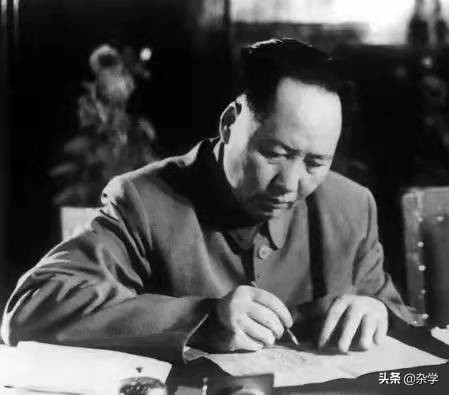On October 1, 1949, Chairman Mao solemnly announced the founding of New China to the world on Tiananmen Square. For the Chinese nation, the founding of New China is undoubtedly gratifying, but on the other hand, New China is in ruins and waiting to be rebuilt, and its comprehensive national strength is still very weak in the world, which has led to the difficulties in the construction and diplomacy of New China, especially in diplomacy.

Even if Premier Zhou has excellent diplomatic art, New China's diplomacy is still very difficult under the blockade and suppression of Western countries, the most representative of which is the issue of legitimate seats in the United Nations. Since 1950, the United States has been obstructing the legitimate rights and interests of New China in the United Nations for various reasons, which once led to China losing its legitimate seat in the United Nations.
Under such circumstances, China can only hope that the vote to "return to the United Nations" will be successfully passed. For the vote, New China obviously does not have illusions about the support of Western countries, so the attitude of African countries is very important, to a certain extent, whether China can return to the United Nations.
In October 1971, two weeks before the vote on "China's return to the United Nations", at this critical moment, a leader of an African country suddenly came to visit, and Chairman Mao could be said to have attached great importance to and was very happy about this person's visit. During the visit, Chairman Mao held his hand for a long time and refused to let go.
In fact, Chairman Mao did this because he was the Emperor of Ethiopia, Selassie, who was one of the most prestigious people in Africa at that time, and his attitude toward China would greatly affect the decision-making of all African countries, and Selassie's visit to China at this critical moment undoubtedly gave China great encouragement and support, and it is no wonder that Chairman Mao was so enthusiastic. Finally, at the United Nations General Assembly on October 25, 1971, China restored its legitimate seat in the United Nations by an overwhelming majority, ushering in a new era of diplomacy.